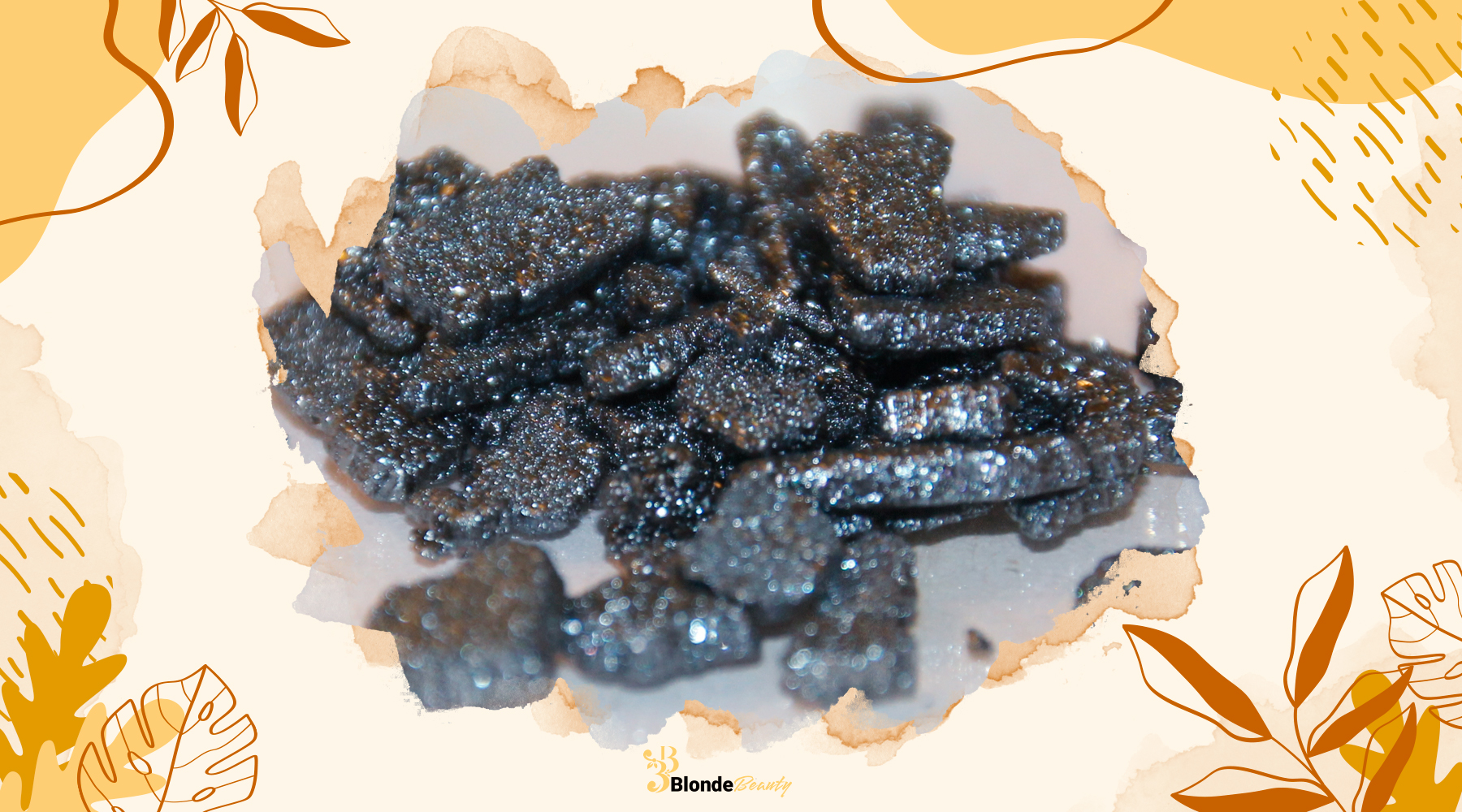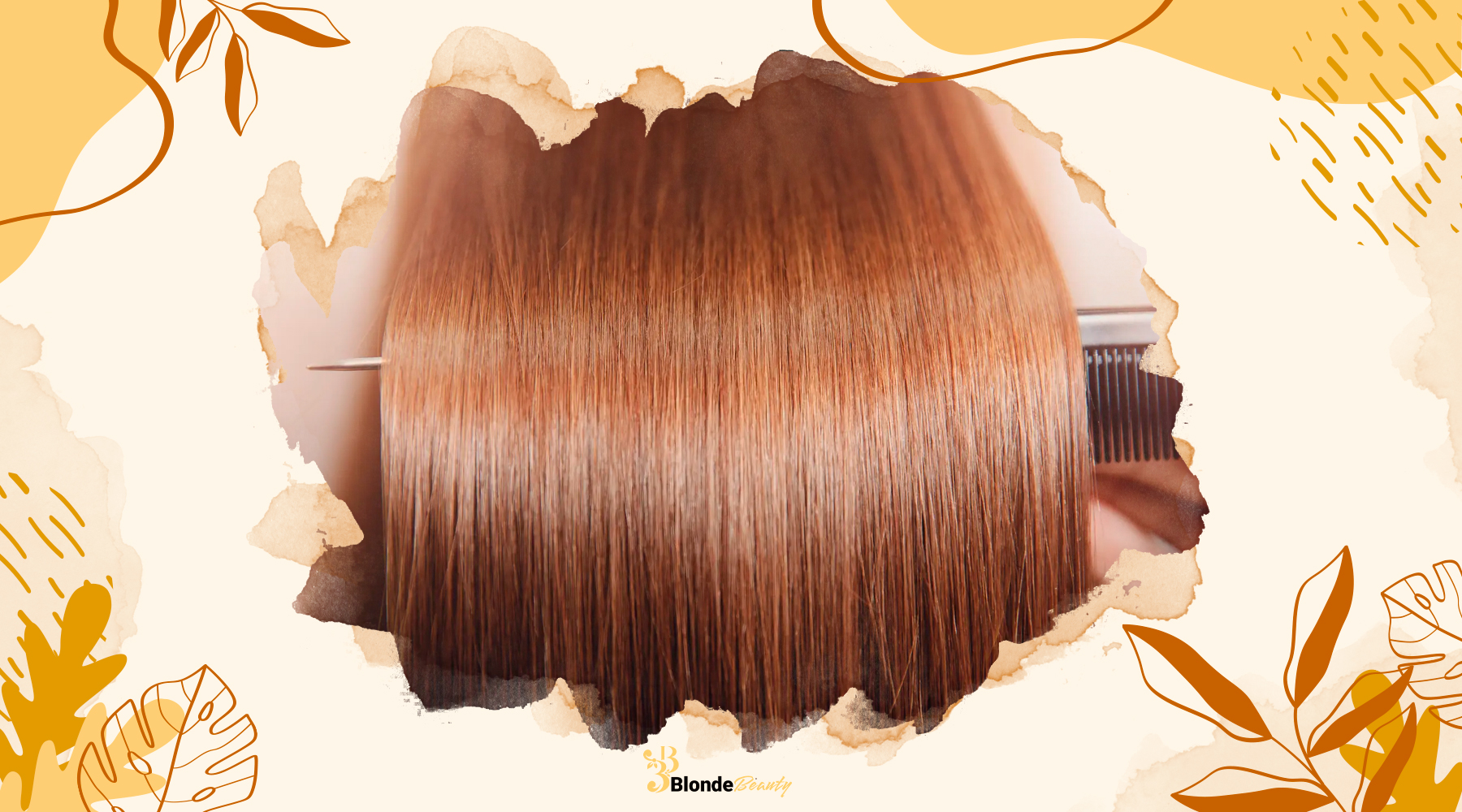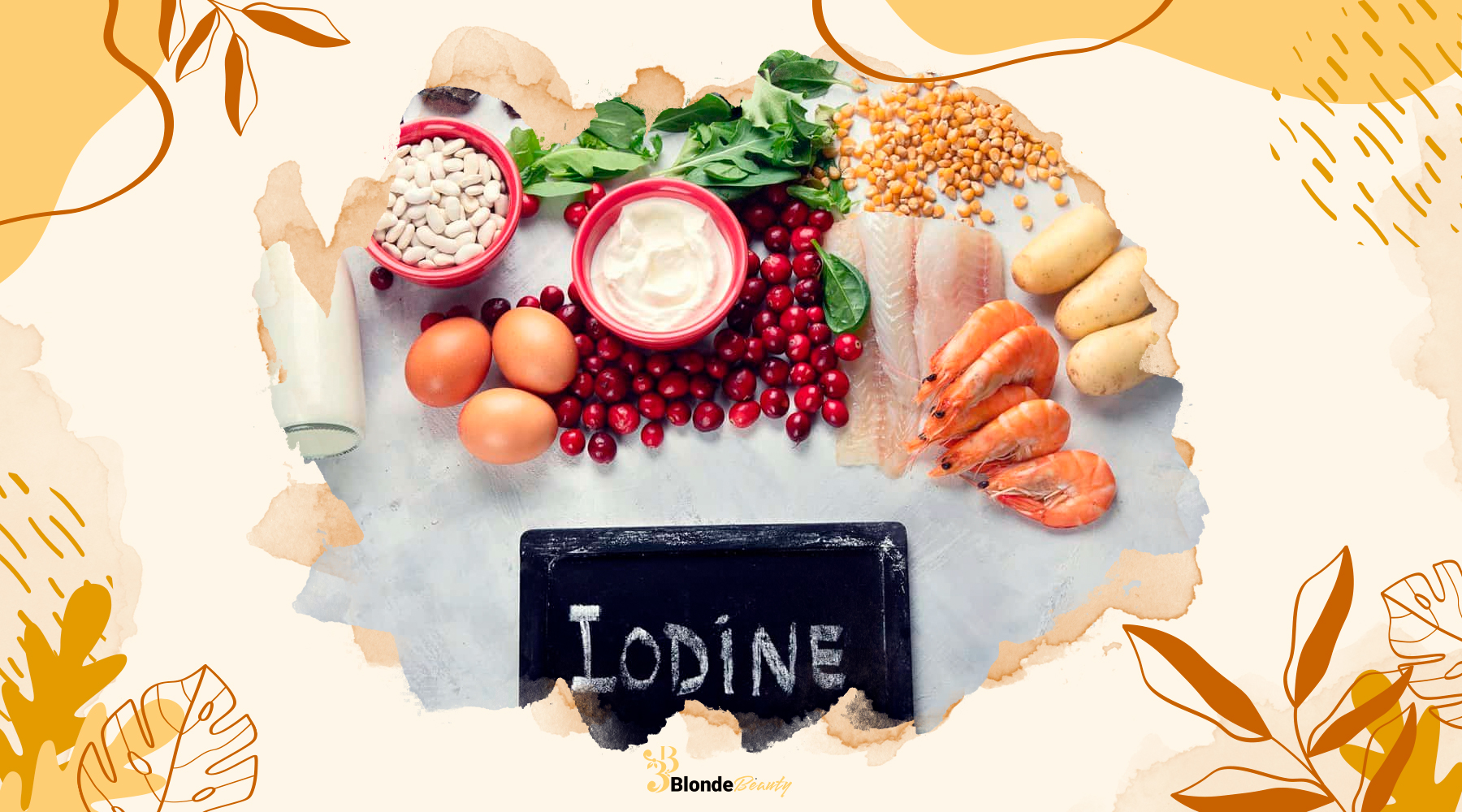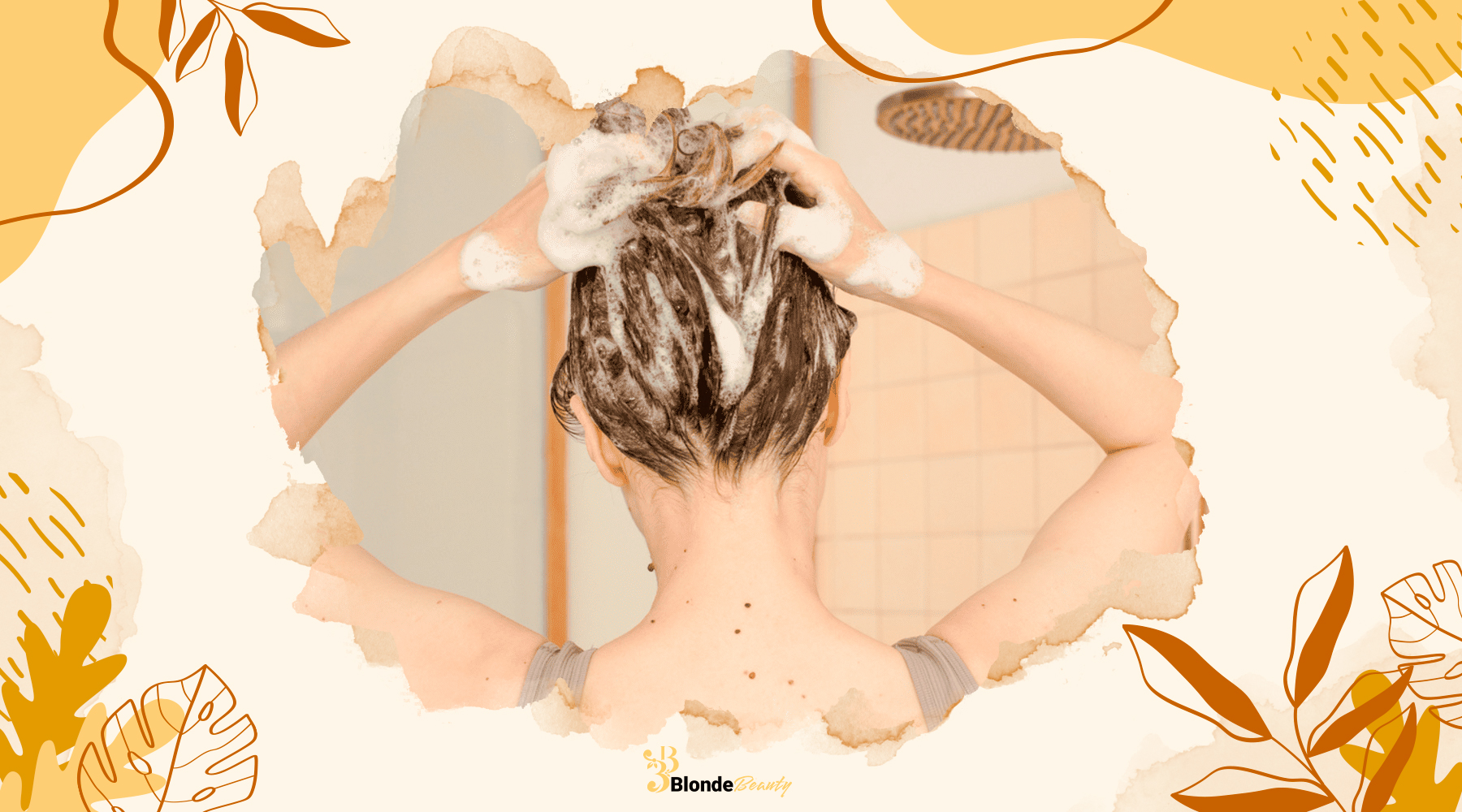Ever stumbled upon iodine supplements and found yourself pondering the benefits of iodine on hair?
This insightful article from Blonde Beauty delves into how iodine can enhance your hair health and the best ways to utilize it for promoting hair growth.
What Is Iodine?
Iodine is a vital mineral that is naturally present in various foods including fish, kelp, dairy products, and iodized salt.
This essential nutrient is crucial for the healthy functioning of the brain, thyroid, and metabolic systems.
It’s particularly significant for the proper growth and development of fetuses and children, supporting essential bodily processes and overall health.

Iodine’s Impact on Hair Loss
Iodine, a trace element inherent in your body, plays a pivotal role in its normal functioning. It is essential for cellular processes where it helps convert food into energy. Moreover, it is crucial for the thyroid gland, which needs a steady supply of iodine to function properly. Thyroid hormones, regulated by iodine, are vital for the growth and health of hair follicles. When thyroid hormone levels dip due to iodine deficiency, it can inhibit the regeneration of hair follicles.
For those experiencing hair loss related to an iodine deficiency, increasing iodine intake can often help reverse the condition. However, it’s important to be cautious; excessive iodine intake can lead to hyperthyroidism. This is a condition where the thyroid gland becomes overly active. Severe cases of thyroid dysfunction, if untreated, can cause significant and sometimes irreversible damage to hair structure.
Note: If you suspect your hair loss might be related to thyroid issues or iodine levels, it’s advisable to consult with a healthcare professional for appropriate testing and guidance on safe iodine consumption.
Benefits Of Iodine On Hair
Exploring the benefits of iodine on hair reveals some lesser-known advantages that can transform the health and appearance of your locks.
Prevents Dryness And Brittle Hair
Iodine plays a crucial role in regulating moisture balance in both your scalp and hair. A lack of iodine can lead to dry, brittle strands.
By integrating iodine-rich foods into your diet or using hair care products enriched with iodine, you can address this dryness and enhance your hair’s texture.

Restores Shine And Strength
Iodine aids in the production of sebum, the scalp’s natural oil, which functions like a built-in conditioner.
This not only imparts a lustrous shine but also strengthens the hair. Insufficient iodine levels can diminish sebum production, leaving hair dull and weak.

Combats Scalp Infections
With its antiseptic qualities, iodine can effectively prevent and treat various scalp issues, including fungal infections that potentially lead to hair thinning and loss. Regular use of iodine-based products, such as shampoos, can maintain scalp health and stave off infections.
Stimulates Hair Growth
Adequate iodine intake ensures the thyroid gland functions optimally. This helps prevent hormonal imbalances that can cause hair loss.
Iodine is essential for maintaining healthy thyroid hormone levels, which support the growth and sustainability of hair follicles.

Natural Sources Of Iodine
Iodine, essential for various bodily functions including hair growth and thyroid hormone balance, is predominantly found in both plant and animal sources from the ocean. Here are some excellent natural food sources of iodine:
- Sesame Seeds: Beyond being a rich source of iodine, sesame seeds are loaded with omega-3 fatty acids and vitamins B1 and B6. These are all crucial for maintaining healthy hair and scalp.
- Oysters and Shrimp: These seafood favorites are not only high in iodine but also provide a robust amount of zinc, enhancing their nutritional profile. Oysters, in particular, are among the richest sources of iodine.
- Garlic: Known for its substantial iodine content, garlic also boasts sulfur and various anti-inflammatory compounds that are beneficial for promoting hair growth.
- Dried Seaweed: Varieties like wakame, nori, and kelp are teeming with iodine. They surely are a go-to for anyone looking to boost their intake of this crucial mineral.
- Egg: Eggs are a wholesome source of iodine, contributing to a balanced diet.
- Whole Wheat Bread: Just two slices of whole wheat in your diet can be a good source of iodine.

Note: Incorporating these iodine-rich foods into your diet can naturally support your thyroid function and enhance hair health. However, it’s important to consume these foods in moderation and balance them with other nutrients for overall wellness.
Selecting the Proper Form of Iodine
When considering the use of iodine for enhancing hair health, choosing the appropriate form is crucial. Iodine is available in several forms, such as tinctures, povidone-iodine solutions, and iodized salt.
For hair care purposes, povidone-iodine solutions are recommended. They are formulated specifically for topical uses. However, it’s important to exercise caution: iodine is a potent chemical element and should never be applied directly to the hair or scalp without proper dilution.
Applying Iodine on the Scalp to Combat Hair Loss
Using iodine can be a powerful way to enhance hair health. Here’s a detailed guide on creating and applying an iodine treatment for your hair and scalp:
Step 1: Create an Iodine Hair Treatment Let’s whip up a simple yet effective iodine hair treatment:
Ingredients:
- 2-3 drops of povidone-iodine solution
- 2 tablespoons of carrier oil (you can use coconut or olive oil)
Instructions:
- Combine the povidone-iodine and carrier oil in a small bowl.
- Ensure your hair is clean and dry before application.
Step 2: Perform a Patch Test Given the potency of iodine, it’s essential to conduct a patch test:
- Apply a small amount of the mixture to an inconspicuous skin area (like the forearm).
- Wait 24 hours to check for reactions like redness, itching, or irritation. If any occur, discontinue use.
Step 3: Application
- Gently massage the iodine treatment into your scalp with your fingertips, targeting dry, flaky, or problematic areas.
- The iodine will help tackle scalp issues and foster a healthier hair growth environment.
Step 4: Let It Sit
- Leave the treatment on for 15 to 30 minutes. Optionally, cover with a shower cap to boost absorption and prevent evaporation.
Step 5: Rinse and Shampoo
- After the treatment period, rinse your hair thoroughly with warm water.
- Use a gentle, sulfate-free shampoo and conditioner to cleanse and nourish your hair.
Step 6: Repeat as Needed
- Apply this treatment weekly or as required, based on your hair and scalp’s needs.
- With regular use, you should observe enhancements in hair texture, reduced dryness, and an overall healthier scalp.

Key Reminders
The benefits of iodine on hair are abundant. Nevertheless, it’s essential to adhere to the following guidelines to ensure safety and effectiveness:
- Use a Carrier Oil: Never apply iodine directly to your hair or scalp. It should always be mixed with a carrier oil to mitigate its potent effects, preventing dryness and irritation.
- Consult Healthcare Professionals: If you have a history of iodine allergies, sensitivities, or thyroid conditions, consult with a healthcare provider before using iodine treatments. They can provide personalized advice and safety guidelines.
- Perform a Patch Test: Before fully integrating the treatment into your routine, do a patch test. Apply a small amount of the iodine mixture to a discrete skin area and wait 24 hours. If any adverse reactions occur, such as itching, redness, or swelling, discontinue use immediately.
- Monitor Your Scalp’s Reaction: Pay close attention to how your scalp and hair respond to the treatment. If you notice any ongoing irritation or negative effects, stop using the product and consult a healthcare professional.
Conclusion
The benefits of iodine on hair highlight the importance of incorporating this essential mineral into your hair care routine. By doing so, you can expect to see your hair becoming stronger and smoother, while also addressing various scalp issues effectively.
We’d love to hear about your experiences and results in the comments below. If you’re facing any other hair challenges, remember, we’re just one question away from offering you more personalized advice and solutions.
Don’t forget to check out more blogs from Blonde Beauty for additional tips and insights on hair care.

Laureate Professor Clare Collins
Professor Clare Collins is a leading expert in nutrition and dietetics at the School of Health Sciences, part of the College of Health, Medicine and Wellbeing. Her work is changing the way we think about food and health. She grew up as one of nine children and was the first in her family to finish high school and go to college. This background gave her a strong work ethic and a deep appreciation for seizing opportunities.
As the Director of the Hunter Medical Research Institute’s Food and Nutrition Program and a recipient of three NHMRC Research Fellowships, Professor Collins is making a big difference in public health. She focuses on helping people who are often overlooked, using new technologies like apps and online programs to improve their nutrition and reduce the risk of chronic diseases.
Professor Collins is well-respected and has been recognized as a Fellow in four major health and science organizations. She leads a diverse team of experts, including dietitians, computer scientists, and engineers, working together on global health projects.
Her achievements are impressive. She has received over $29 million in research funding, published more than 450 papers, and helped 35 PhD and Master’s students complete their degrees. She’s also active in sharing her knowledge with the public. She has developed tools like the Australian Eating Survey and the Healthy Eating Quiz, and she often appears in the media to talk about nutrition.
PUBLISHED ARTICLES
- Collins, C. (2019). “The Effect of a Pilot Dietary Intervention on Pain Outcomes in Patients Attending a Tertiary Pain Service.”
- Collins, C. (2022). “Variation in cardiovascular disease risk factors among older adults.”
- Collins, C. (2022). “Evaluation of an online intervention for improving stroke survivors’ health-related quality of life: A randomised controlled trial.”
These articles show Professor Collins’s commitment to understanding how better nutrition can improve health. Her work is important for researchers, doctors, and anyone interested in healthy living.
